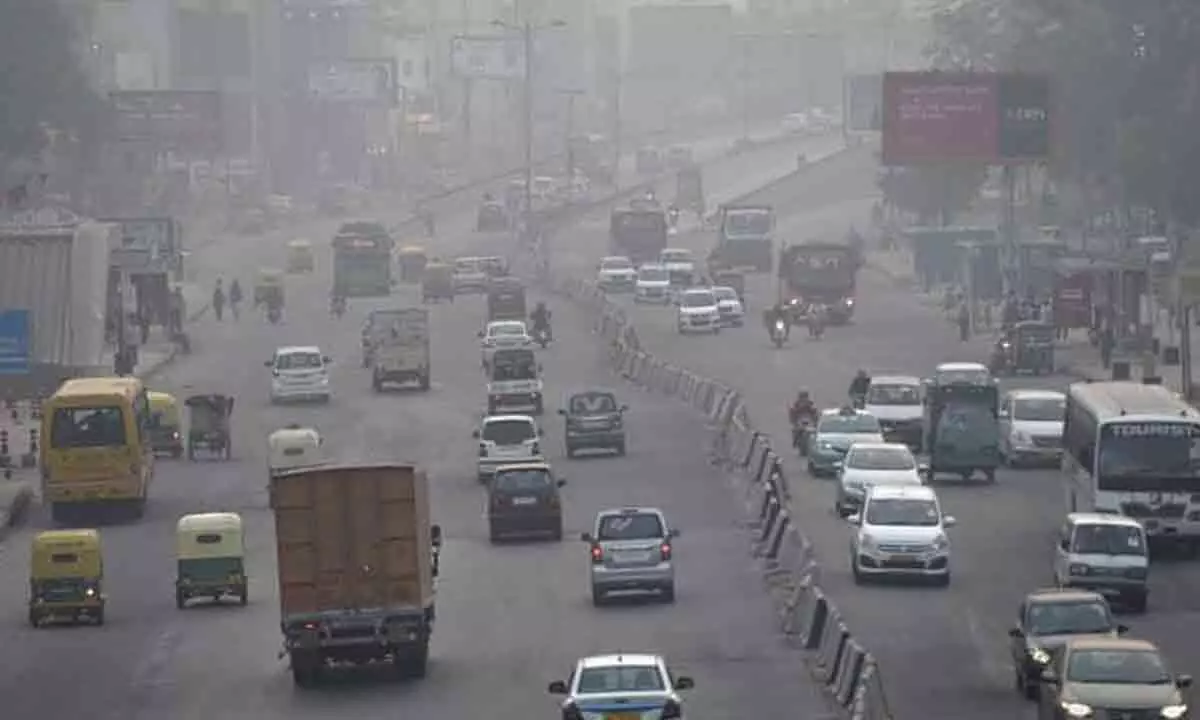Live
- PM Modi tears into Naveen Patnaik-led BJD govt in Odisha rally
- President Abinader re-elected in Dominican Republic
- Supreme Court refuses to entertain plea by a 78-year-old bedridden woman seeking to cast her vote by postal ballot
- Vasco da Gama’s Historic Voyage to India
- Oil India posts 17 pc jump in Q4 net profit
- Iran President Raisi's death: India declares one day state mourning on Tuesday
- World Bee Day 2024: Celebration, History, Themes, and Significance
- Karnataka sex scandal: Return from abroad and surrender, Kumaraswamy appeals to nephew Prajwal Revanna
- IMD forecasts rain in southern states, heat wave in north
- ISIS Terrorists Apprehended At Ahmedabad Airport: Police









